Cinaron Plus | Tablet | 10 pcs
৳ 20.00
Brand Name: Cinaron Plus Tablet
Generic: Cinnarizine + Dimenhydrinate
20 mg+40 mg
Manufacturer: Square Pharmaceuticals Ltd.
Unit Price: ৳ 2.00 (100’s pack: ৳ 200.00)
Indications
Cerebral circulatory disorders: Prophylaxis and maintenance therapy for symptoms of cerebral vascular spasms and arteriosclerosis, Sequelae of cerebral and cranial trauma, Postapoplectic disorders, Migraine.
Peripheral circulatory disorders: Prophylaxis and maintenance therapy for symptoms of vascular spasms and arteriosclerosis (obliterating arteritis, thromboangitis obliterans, Raynaud’s disease, diabetes, acrocyanosis pernio, etc.) such as intermittent claudication,trophic disturbances, pregangrene, trophic and varicose ulcers, paraesthesia, nocturnal cramps,cold extremities.
Disorders of balance: Prophylaxis and maintenance therapy for symptoms of labyrinthine arteriosclerosis; vestibular irritability;Meniere’s syndrome such as vertigo, dizziness, giddiness, syncopal attacks, tinnitus, nystagmus, nausea and vomiting. Prophylaxis of motion sickness.
Therapeutic Class
Pharmacology
Cinnarizine provides faster relief of various symptoms of cerebral and peripheral circulation disorders and prevents attacks of vascular headache such as migraine.
Cinnarizine normalizes cerebral circulation time and curves and improves cerebral irrigation in patients suffering from cerebral circulation disorders. Cinnarizine normalizes arterial pulsations in patients suffering from vasospastic disorders (Raynaud’s disease).
Cinnarizine significantly increases the rate of inflow of pulsations and the blood flow in the most affected limbs as well as the walking distance of patients suffering from intermittent claudication. Cinnarizine reduces the healing time of crural ulcers. Cinnarizine reduces or eliminates symptoms of vestibular disturbances like, vertigo, tinnitus and autonomic manifestations (nausea, vomiting, pallor and cold extremities) and reduces or prevents future episodes.
Dimenhydrinate acts as antihistamine with anti-cholinergic properties.The substance exhibits the anti-emetic & anti-vertigo effects through influencing the chemoreceptor trigger zone.
Dosage & Administration
Interaction
Contraindications
Side Effects
The most frequently occurring side-effects are somnolence and dry mouth. These reactions are usually mild and disappear within a few days even if treatment is continued. In addition the following adverse reactions are associated with dimenhydrinate and cinnarizine:
Dimenhydrinate: paradoxical excitability (especially in children), worsening of an existing angleclosure glaucoma and reversible agranulocytosis.
Cinnarizine: constipation, weight gain, tightness of the chest, cholestatic jaundice, extrapyramidal symptoms, lupus-like skin reactions, lichen planus.
Pregnancy & Lactation
Pregnancy: The safety of the combination of Cinnarizine & Dimenhydrinate in human pregnancy has not been established.
Lactation: The combination of Cinnarizine & Dimenhydrinate is excreted in human breast milk and should not be taken by women who are breast feeding.
Use in Special Populations
Children and adolescents under the age of 18 years: Revert is not recommended in children and adolescents under the age of 18 years because there are no data available on the use of Revert in this age group.
Elderly: Dosage as for adults. In general, the duration of treatment should not exceed four weeks. The physician shall decide whether longer treatment is required.
Overdose Effects
Symptoms: Drowsiness, dizziness and ataxia with anticholinergic effects such as dry mouth, flushing of the face, dilated pupils, tachycardia, pyrexia, headache and urinary retention.
Management: General supportive measures should be used to treat respiratory insufficiency or circulatory failure. Gastric lavage with isotonic sodium chloride solution is recommended.
Storage Conditions
| Generic Name | Cinnarizine + Dimenhydrinate |
|---|
Only logged in customers who have purchased this product may leave a review.

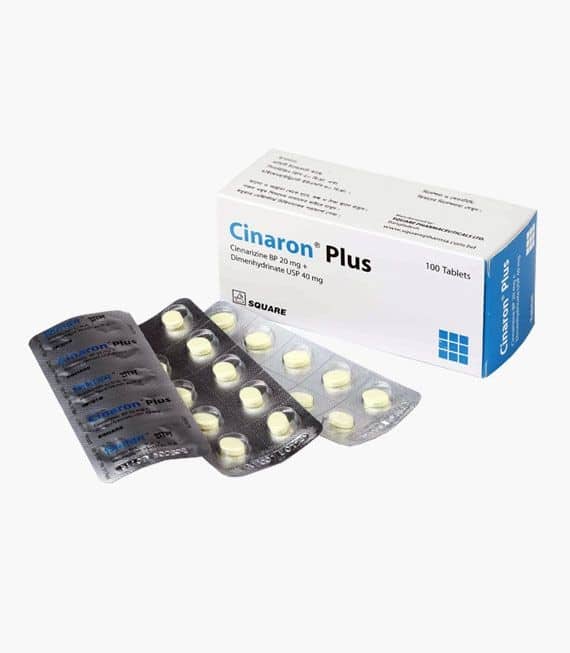
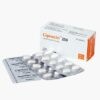
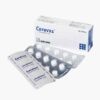

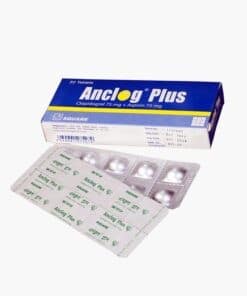
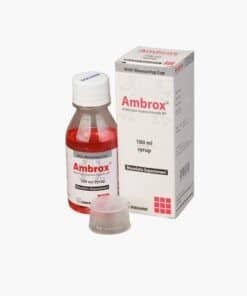
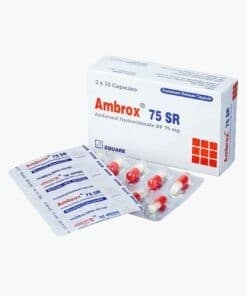
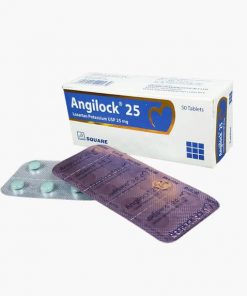
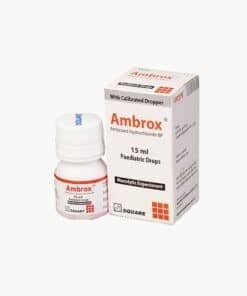

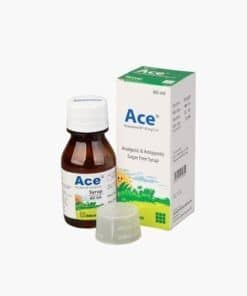
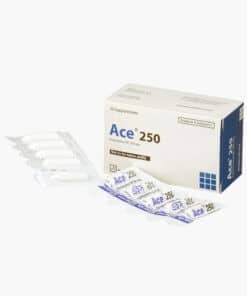
Reviews
There are no reviews yet.